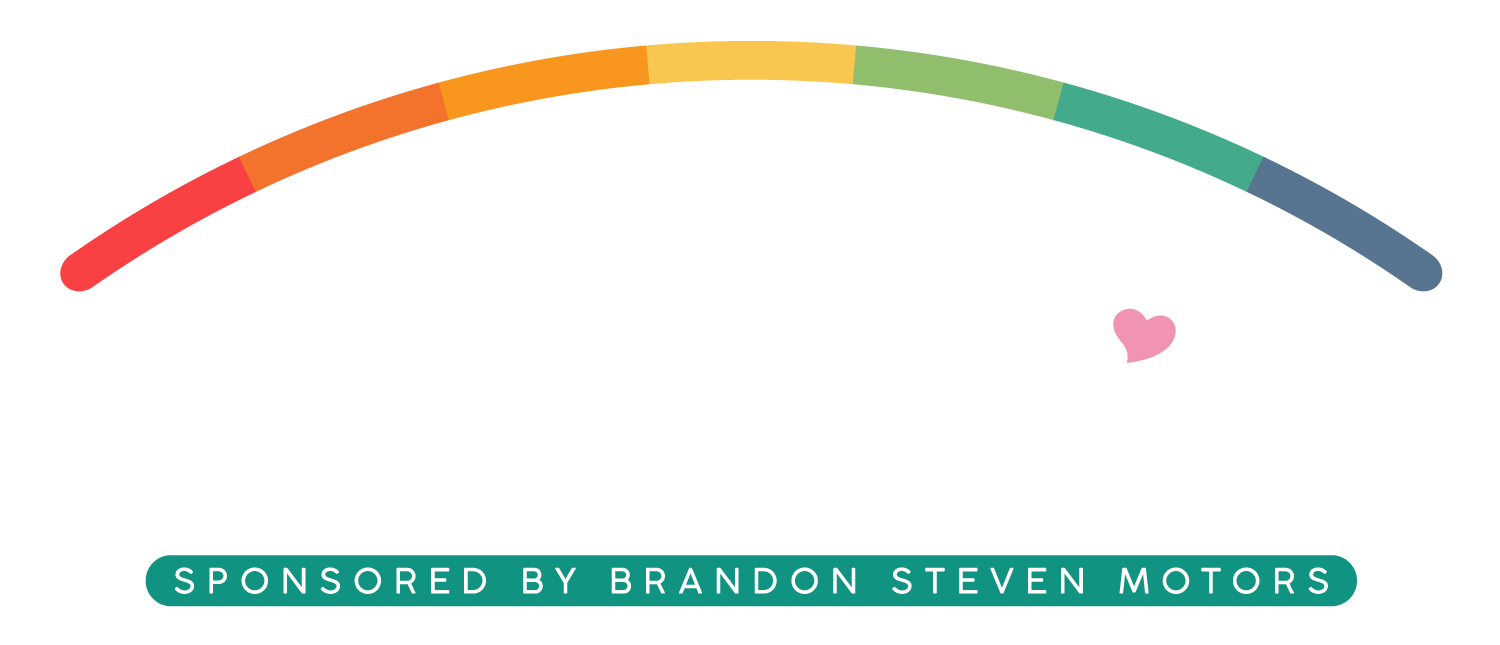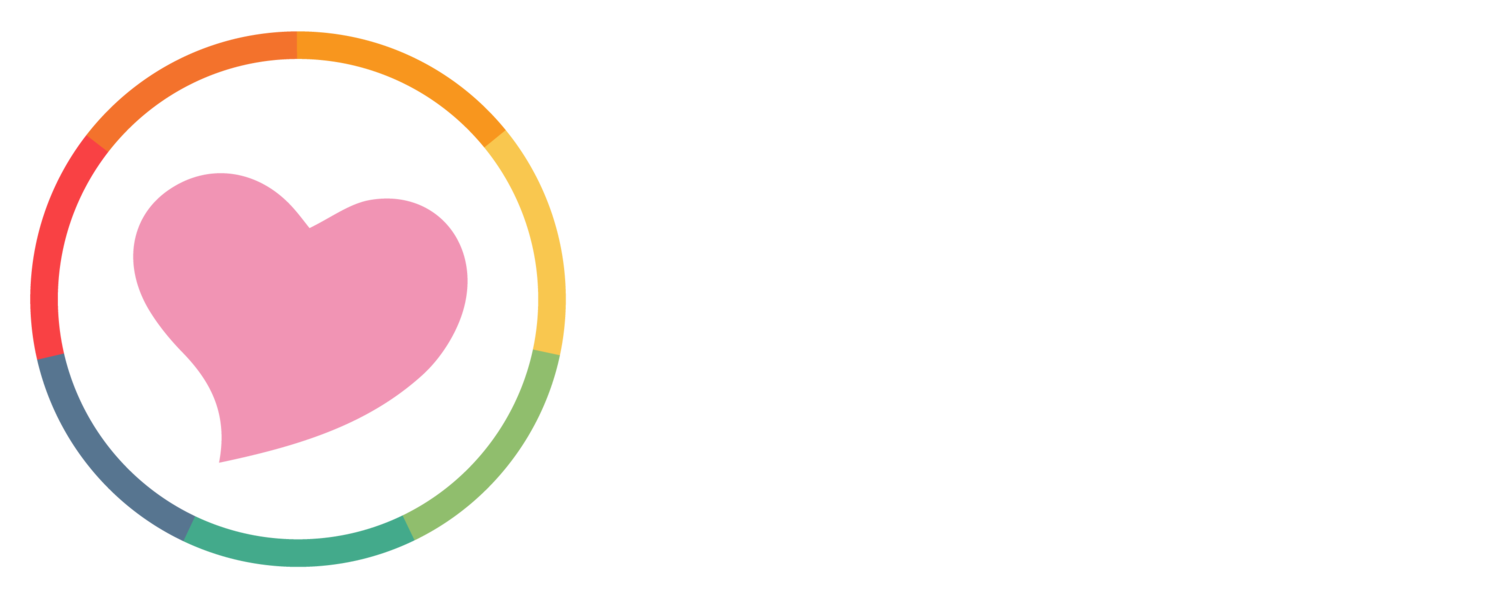No, Really…Therapy Is Important.
Ellie Hiland is a wonderful Marriage & Family Therapist in the Wichita area who has written a short blog for us speaking to the importance of therapy not only for everyone, but especially for those who have entered foster care.
As a licensed marriage and family therapist, I work with individuals and families of all walks of life to assist them in creating greater happiness and health within themselves and their relationships. Throughout my work, I’ve been able to assist families struggling with significant loved one loss, emotional upheaval, loss of structure, and disconnection to re-build into the “new normal” of harmony and communication.
One thing that is universally true is that children require greater empathy when encountering troubling situations of any kind. Emotional intelligence is an advanced skill that adults can even struggle with and unfortunately, we oftentimes expect our children to “know better” and “behave appropriately” when it isn’t always reasonable for their developing brain. Remember, a brain is not fully developed until the early 20’s, with the pre-frontal cortex (where our higher-level decision-making skills are located) being the last area to fully develop. Given that knowledge, we can only hope that children are doing the best with what they know, what they’ve been shown, and how their stress response tells them to handle this troubling moment.
Children enter the foster care system because the dynamics they were living with were deemed “unfit” by adults who are absolute strangers to them. These children are taken away from the world that they had to accept, come to know, and love to be placed in a foreign environment that is supposed to be more supportive than what they had previously been given. The unfortunate problem with that is oftentimes these children are unable to understand or accept the new way of living due to internalized fear of the system, not understanding why their home wasn’t safe, being placed with strangers that don’t look like them, and not previously having a healthy structure to know how to respond to the new environment. 100% of this child’s sense of normalcy is stripped from them and we expect them to, again, “know better” or “behave appropriately?” This sets up unreasonable expectations that will continue to foster greater conflict over time.
All of this being said, utilizing family therapy within the foster care system allows additional support for the family to gain insight into strengths as well as areas for growth in order to have best outcomes over time. Each person will be able to develop greater emotional responsivity skills, communication patterns, and abilities to handle conflict more gracefully. As adults who care for children, using therapy services is an imperative way to convey our understanding of their need for support.
Ellie Hiland, LMFT


